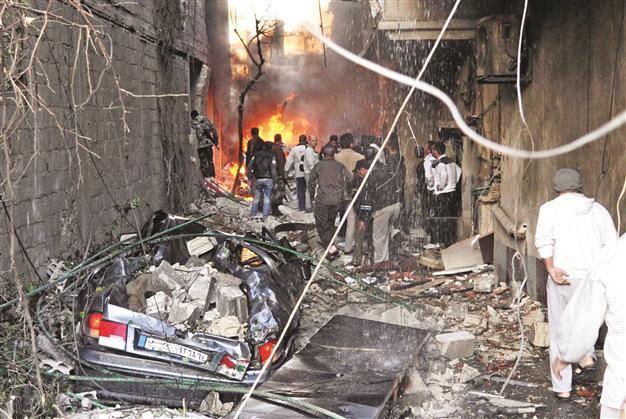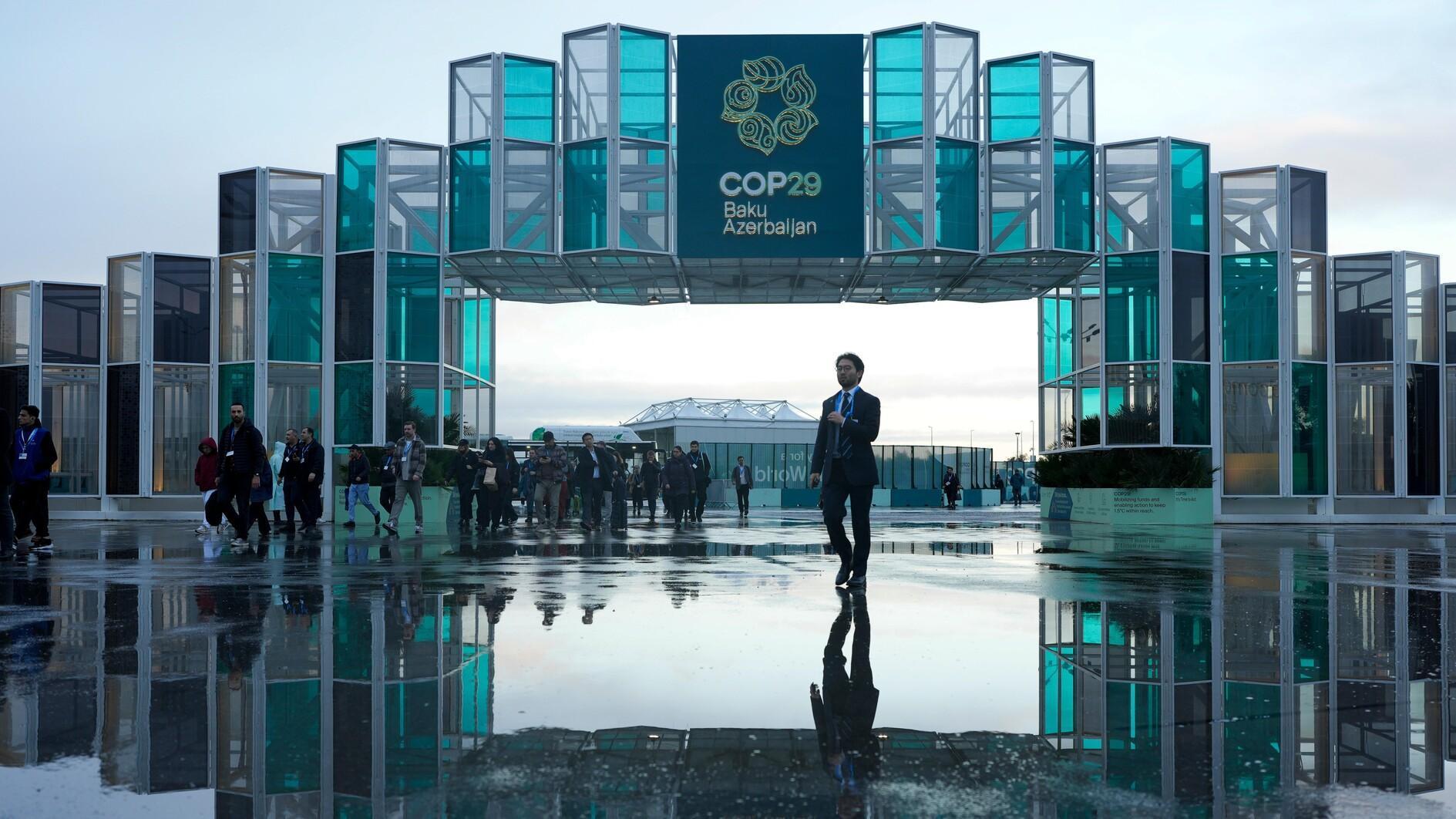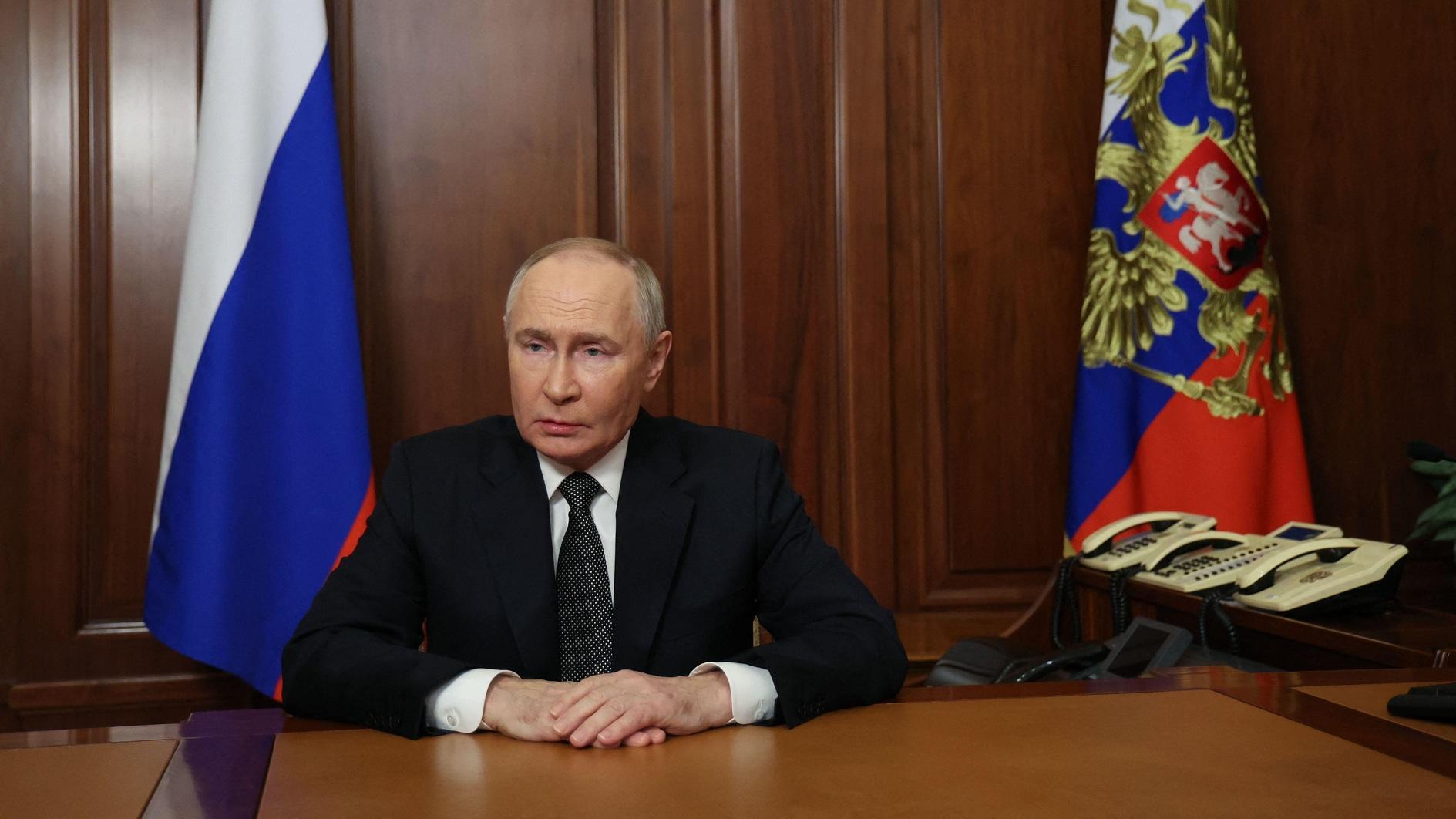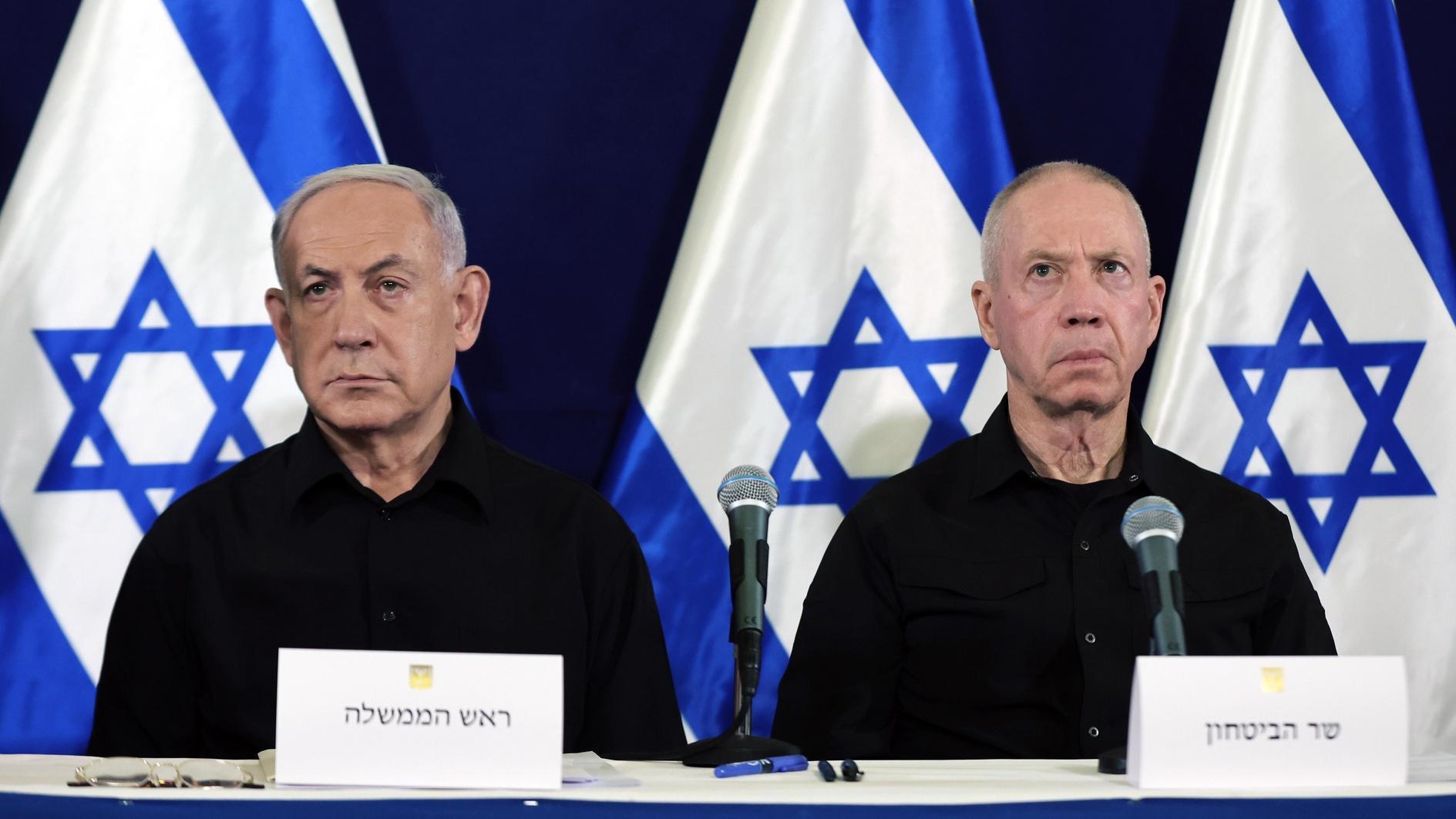Russia holding key to Syria crisis: Turkish PM
Metehan Demir ANKARA / PARIS

Syrian forensic teams inspect the scene of a car bomb explosion killing more than 50 people in Jaramana, a mainly Christian and Druze suburb of Damascus. AFP photo
Russia holds the key to solving the 20-month-long conflict in Syria, Prime Minister Recep Tayyip Erdoğan said ahead of Russian President Vladimir Putin’s planned visit to Turkey next week.“Putin is coming to Turkey on Dec. 3, and we will discuss the Syrian crisis. At the moment, Russia is holding the key. Iran is not in a position to hold the key anymore. Russia’s attitude is very crucial,” Erdoğan told reporters on a plane en route to Ankara from Madrid, adding that Russia’s positive stance in the United Nations Security Council would push Iran to review its stance.
When asked if the Obama administration had changed its stance after the Nov. 6 elections, the prime minister said they should wait until January, when President Barack Obama will be inaugurated for a second term. “The U.S. has not shown a satisfactory attitude so far. Some expressions used were, ‘wait for the elections, after the elections the situation may change.’ The elections are over and they say ‘a new Cabinet will be established. After the new Cabinet we can talk.’”
On arming the Syrian opposition, Erdoğan said rebels are somehow obtaining weapons. “I think the opposition provides supplies [and arms] so that they can continue their fight against [President Bashar] al-Assad’s forces. Bashar has no power on the ground, he can only attack from the air,” he said, ruling out the possibility of a no-fly zone without a U.N. Security Council mandate.
Touching on Russia, Iran and China’s stance on the crisis, Erdoğan said he attached importance to their views. “A change in their stance will affect the region.” Separately, the prime minister criticized Tehran for not effectively combating the Iranian wing of the outlawed Kurdistan Workers’ Party (PKK), PJAK.
Erdoğan also dismissed “radical” groups in the Syrian opposition. “It is nonsense. They have established a new coalition and so many countries embrace this body, including the West. This body is a composition of ground [rebels] and [opposition] from outside Syria. This is something that was not present in the previous body. That’s why the West embraces it.”
“Al-Qaeda will fall off the map in Syria if the opposition succeeds there.”
Commenting on the recent clashes around the Syrian town of Ras al-Ayn, adjacent to the Turkish border town of Ceylanpınar, Erdoğan said PKK and PYD forces tried to capture the town but rebels repelled the attack. “There are some reports that the circle is tightening; if it is even a bit true, then this is moving toward the end,” he said.
No ‘special ties’ with al-Assad
PARIS
Russia only has a “working relationship” with Syrian President Bashar al-Assad, Russian Prime Minister Dmitry Medvedev said Nov. 27, insisting that special ties were a thing of the past.
“There are no special or privileged relations with al-Assad,” Medvedev said during an official visit to France, Agence France-Presse has reported. “Such relations, which existed between the Soviet Union and his father (late Syrian president Hafez al-Assad), no longer exist between our country and the current president,” Medvedev said. Meanwhile, Russian Foreign Minister Sergei Lavrov has ruled out Russia’s involvement in the armed conflict in Syria, stressing that Moscow had no intention of supporting any political forces inside the country.
















